by Russ Mehling, General Manager, Webber’s Lodges
Every year I visit with hundreds of potential clients while out on the sport show circuit. Based on what I’ve been asked most often over the years, I’ve compiled a list of the top five questions to ask an outfitter when shopping around for a hunt at a sport show.
1. How long have you been operating?
The answer to this question speaks to the success of the outfit. In this day and age information, especially bad information, spreads like wildfire. If too much bad news comes out about an outfitter, they don’t last long. Long standing outfitters treat their guests fairly and are honest with hunters regarding expectations and costs. More often than not, they will have undersold and over-delivered.
One caveat I will add is to be careful not to be quick to judge a long-standing business that is offering a new product. Operators are always looking to maximize their infrastructure and lengthen their seasons, and often their expertise and experience will provide a quality adventure, even if the product is new.
2. What is your success rate?
What a huge question! Everyone wants to know, “what are my chances of getting one?” Be careful if you receive vague answers. Unless it’s a huge outfitter, or the individual working the booth has little or nothing to do with the company operationally, you should get very specific answers — especially from the most recent seasons. They should be able to tell you how many hunters they put through, how many animals were taken, and how many opportunities there were.
It is important to note that everyone measures success differently. An excellent camp, personable guides, and good food, all lead to an enjoyable experience. But you still want to have a reasonable expectation that you’ll be able to get your target animal. You may also want to follow up on this question by asking about the overall quality of the game taken. This will tell you about the genetics of the area. If you are looking for a 60” bull moose, you need to hunt with an outfitter who regularly takes bulls of this size.
3. What is included in the hunt price and what isn’t?
As an outfitter, I don’t understand why the first question asked is about cost unless the hunter is on a very rigid budget. As a consumer, you need to know ALL about the business before you can decide for yourself what an adventure is worth. After gathering specific information you can decide if the price asked provides value for the services. Once you get to a point where you feel comfortable with the prospect of hunting with a particular outfitter, it’s time to ask about price. More specifically, what is included in the listed price, and what is not included. Both are important.
Every company, from restaurants to car dealerships, has a different way of coming up with their pricing. When considering an outfitter, you need to look at tag fees, charter fees, taxes, as well as any other fees. Make sure you get a list of EXCLUDED items as well as the included ones. The outfitter should be able to tell you exactly what their fees are and build you an all-inclusive estimate.
4. What are the 3rd Party Costs?
If you are trying to work within a budget and are close to pulling the pin on your trip, these fees will be important to you. Third party costs include things like getting to the departure point, hotels and meals before and after the hunt, and shipping of trophies. These costs can vary greatly from one hunt to another. Even though your outfitter is not generally the one setting or collecting these fees, they should be able to give you a good idea of what these costs will amount to.
5. References
It is always a good idea to ask for references, preferably current ones. It’s a great idea to speak to hunters that didn’t get their target animal, as well as to those who did. If “unsuccessful” hunters are still willing to give a positive report on the outfit, you should feel comfortable that the outfitter probably worked hard, delivered what they promised, and provided a quality adventure, regardless of whether a trigger was pulled.
Speaking from experience, please keep in mind the time and time zone of the person you are contacting for a reference. Make sure to call them at a reasonable hour for THEIR time zone. When calling, ask them if they have time for you, have a specific (and brief) list of questions prepared for them, and thank them when you are done. I have had hunters call me off of a reference list, and I have no problem sharing information about an outfitter that treated me fairly, as long as the conversation is short and to the point.
Even with all the information readily available online, there is still great value to Sport Shows. Not only do these Shows generally fundraise for worthwhile projects, they also provide a venue for hunters and outfitters to meet. It’s always great to share information with a hunter face-to-face, answer their questions, and share a solid handshake when the deal is done.
We look forward to meeting you!
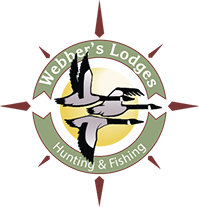
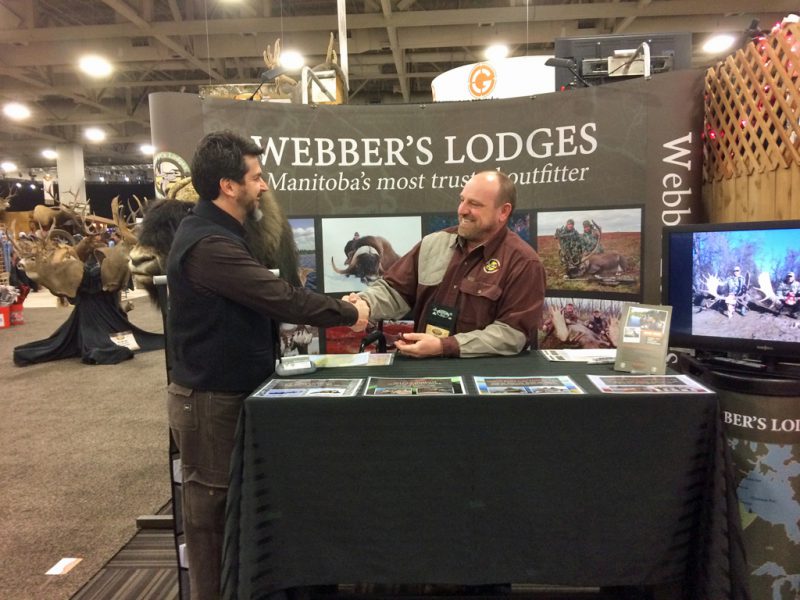
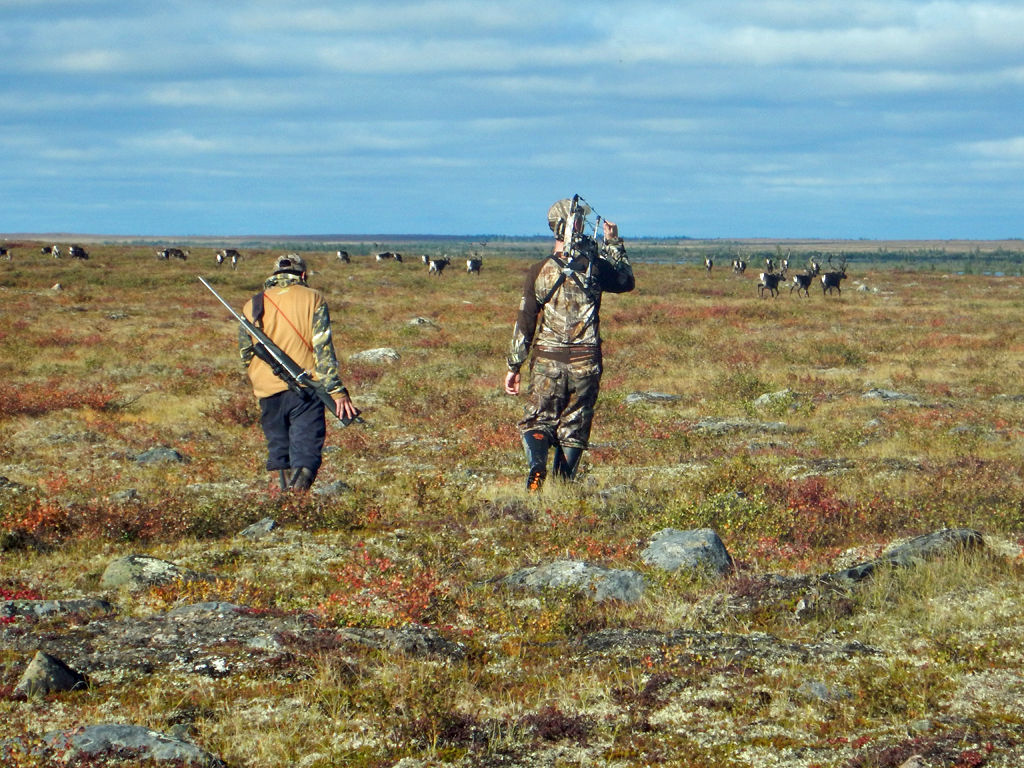
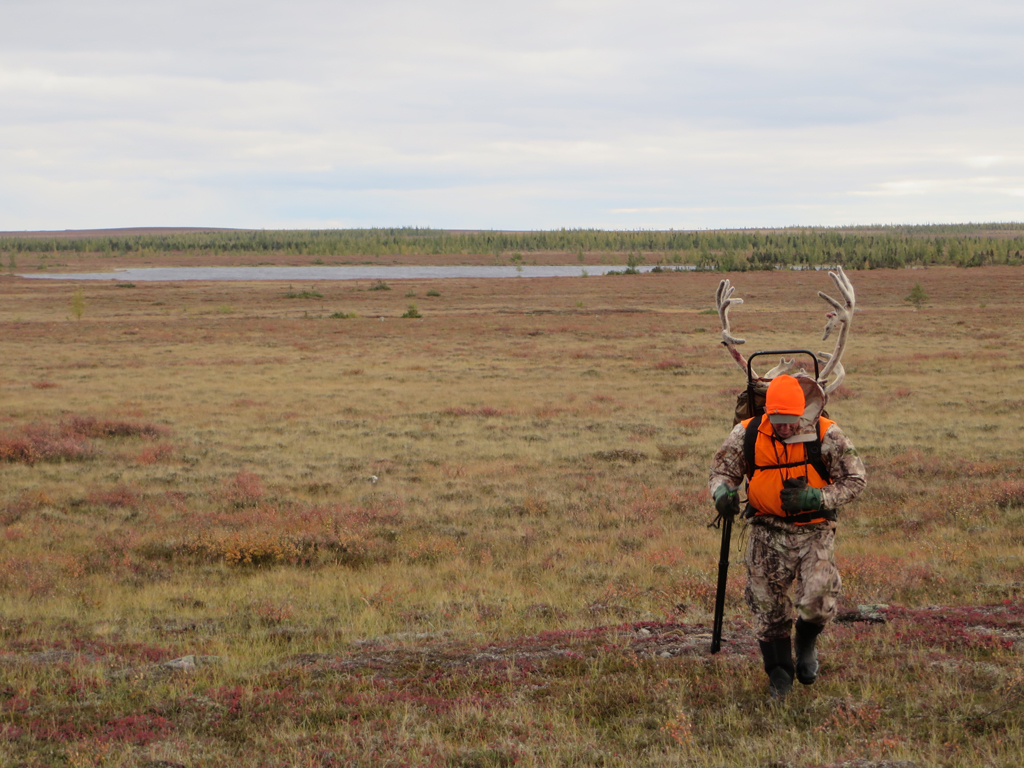
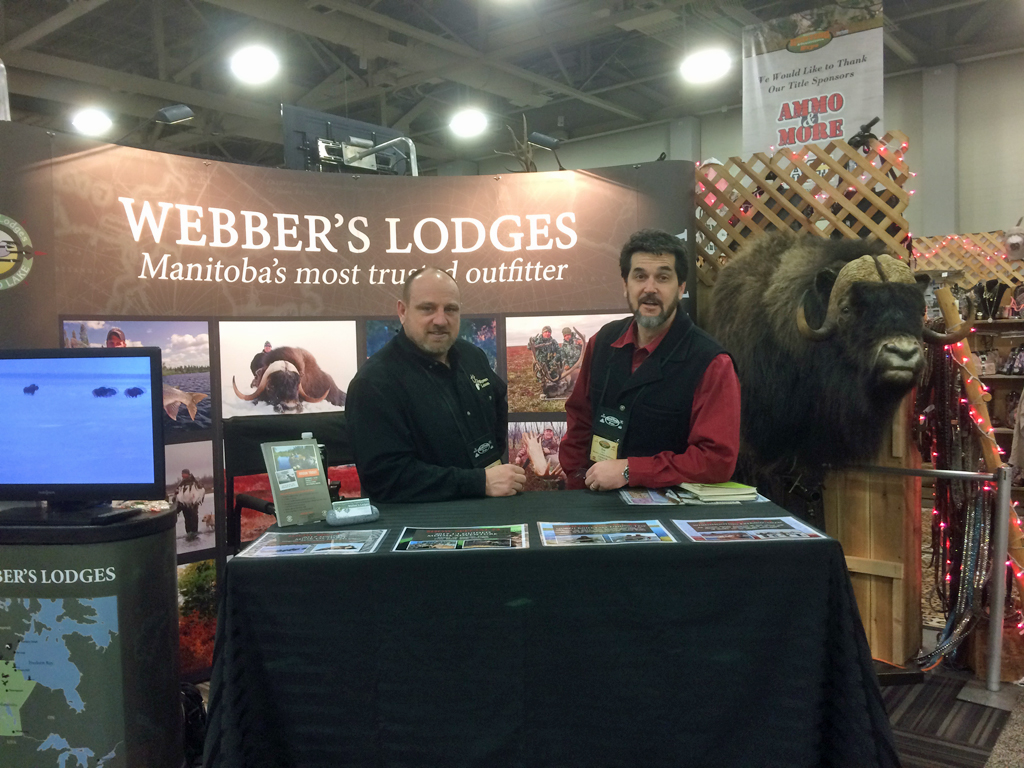
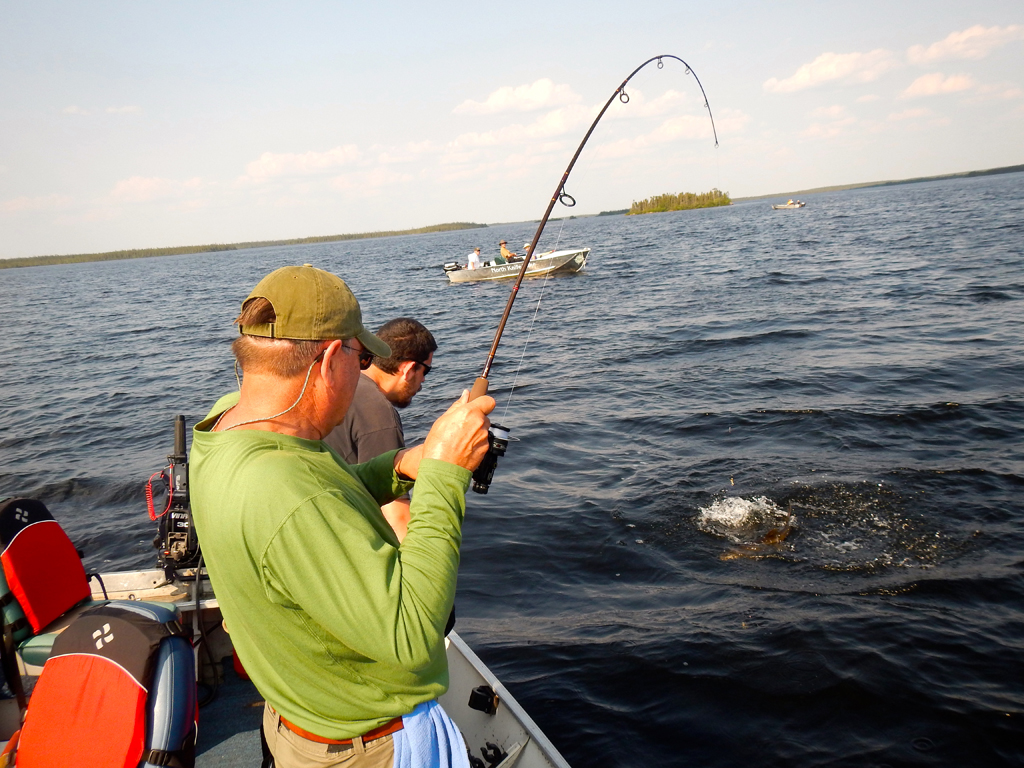

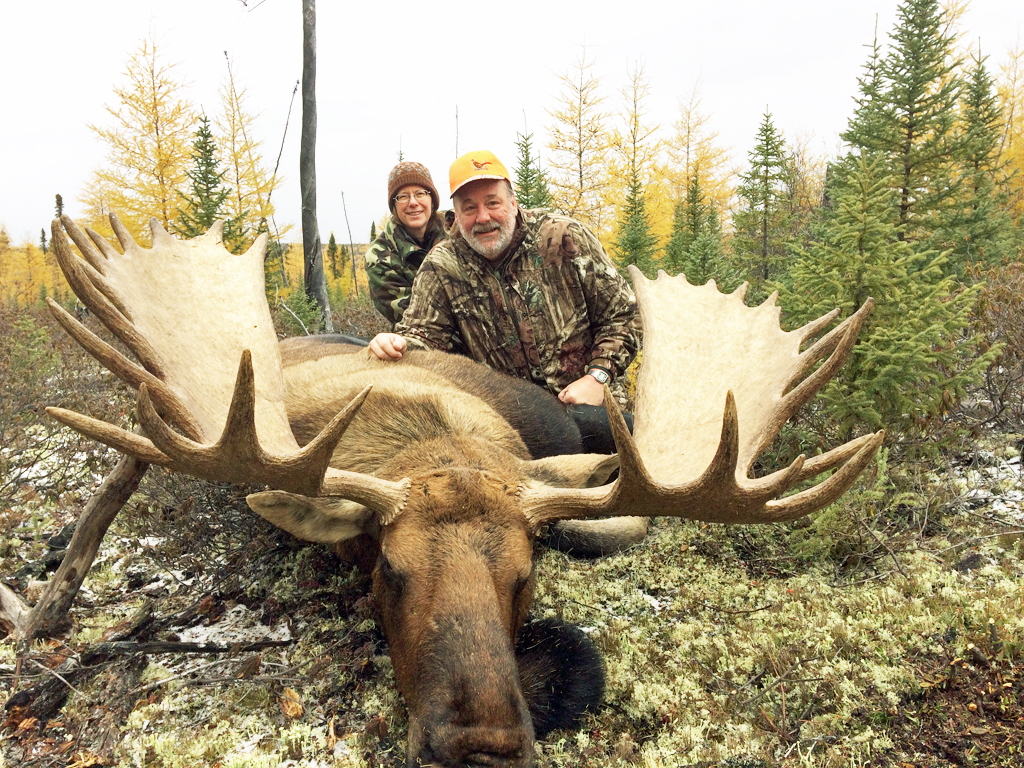




Leave A Comment